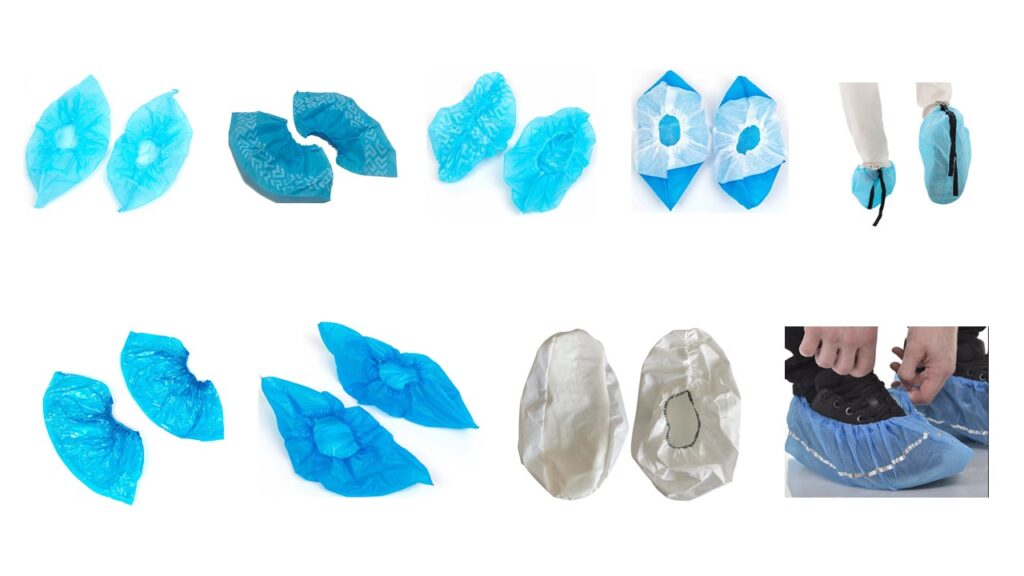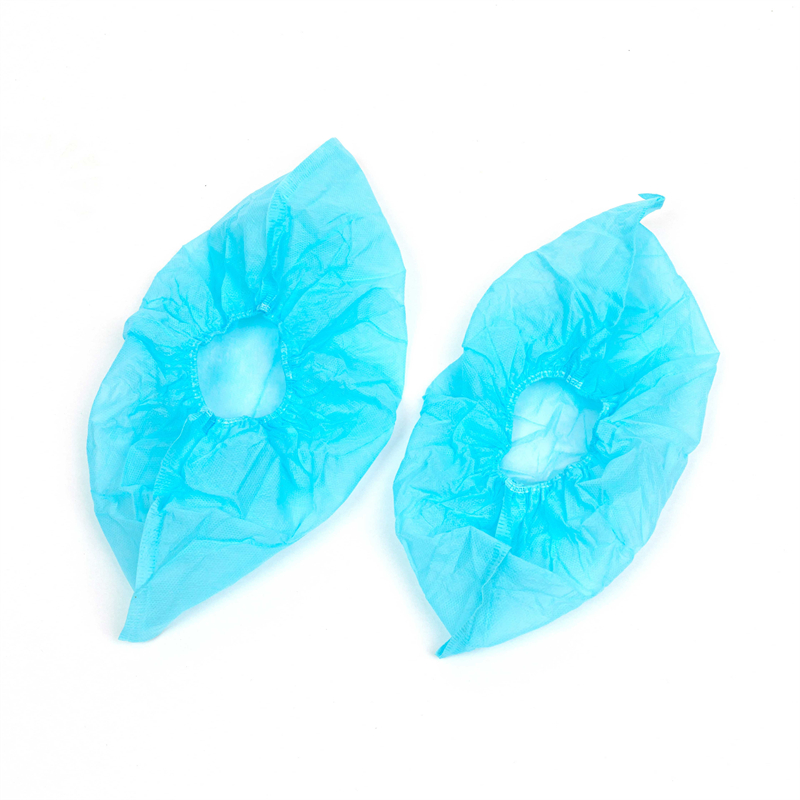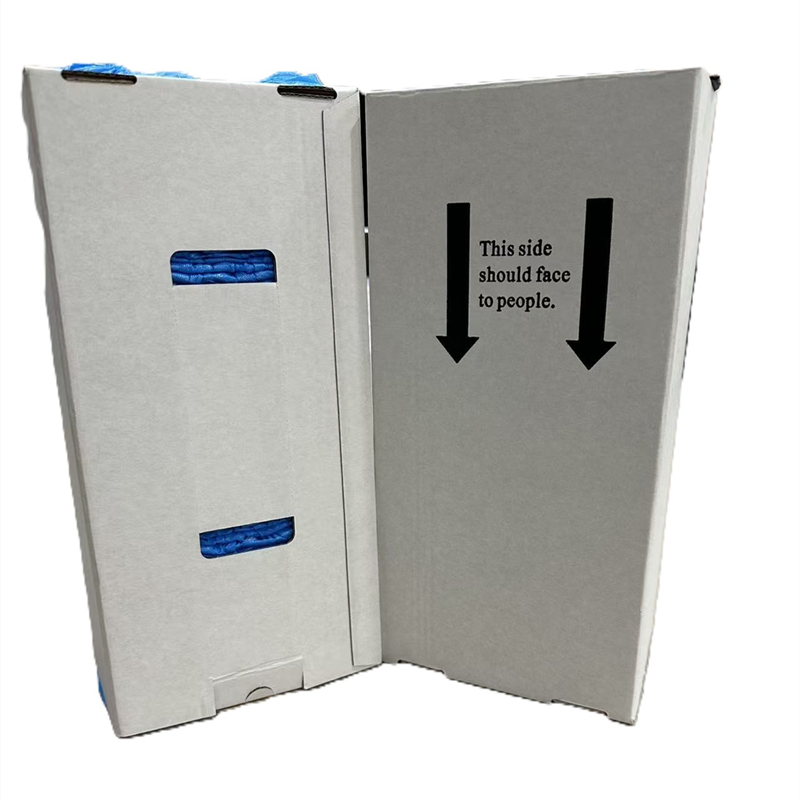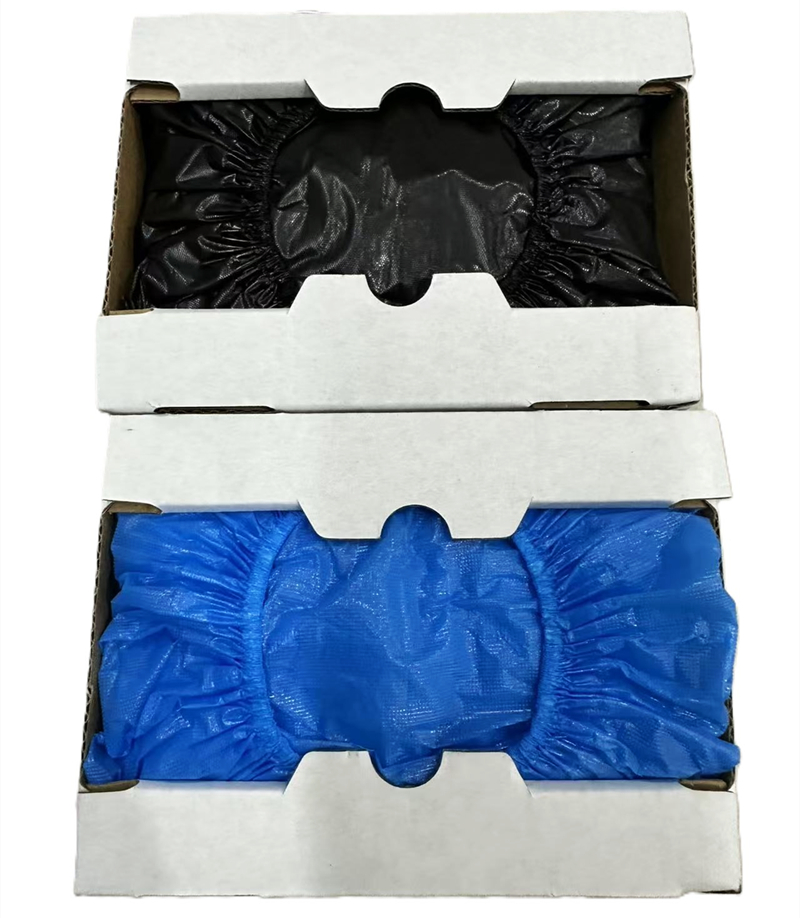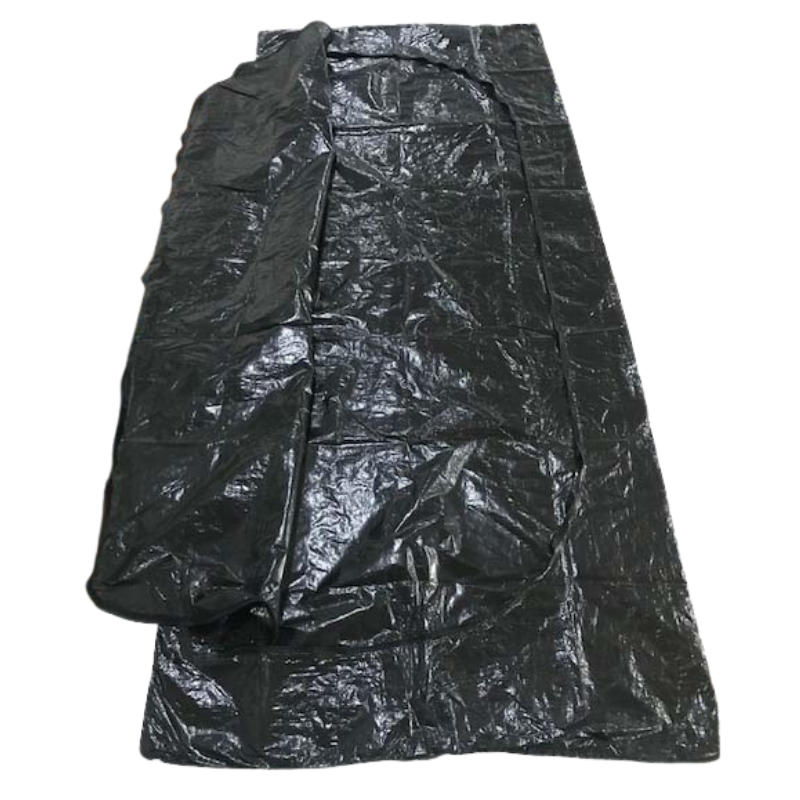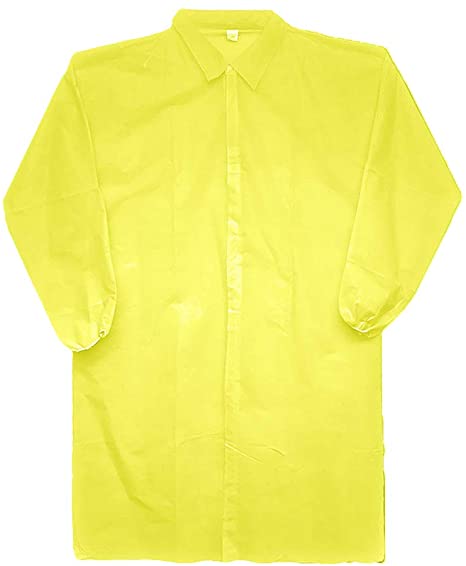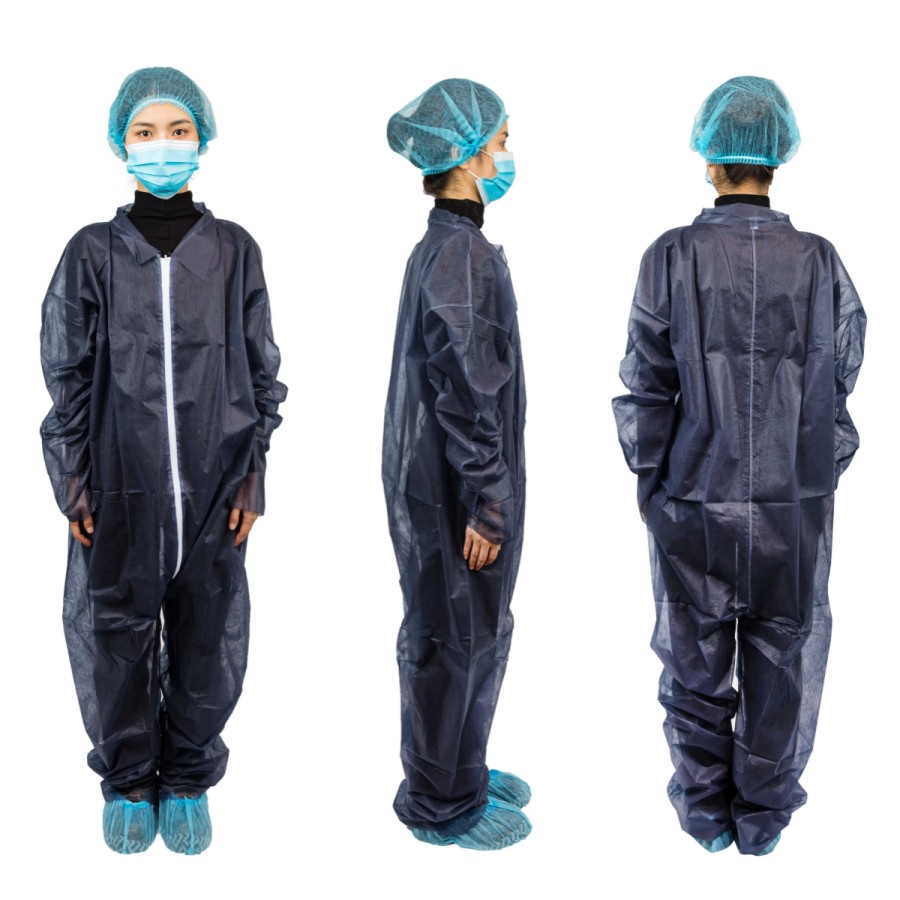Have you ever wondered what disposable shoe covers are made from? These handy protectors keep dirt and germs off your shoes. They’re used in places like hospitals and clean rooms. Let’s explore the cool materials that make them work so well! I’ll keep it super simple just for you.
Common Materials for Disposable Shoe Covers
First up, there’s PP Nonwoven, or polypropylene nonwoven. It’s light and lets air through. It keeps dust and fluids away. You see it in doctor’s offices or labs. It’s cheap and comfy to wear for a long time.
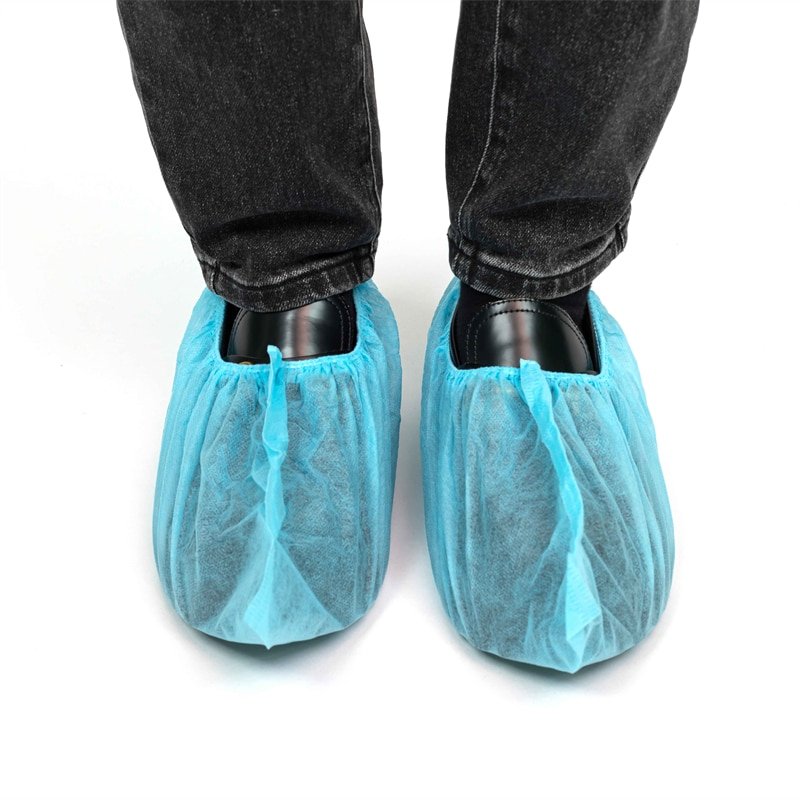
Next, we’ve got PE, which stands for polyethylene. This plastic stops water and spills. It’s perfect for messy jobs like cleaning or food work. Plus, it’s tough and easy to toss out.
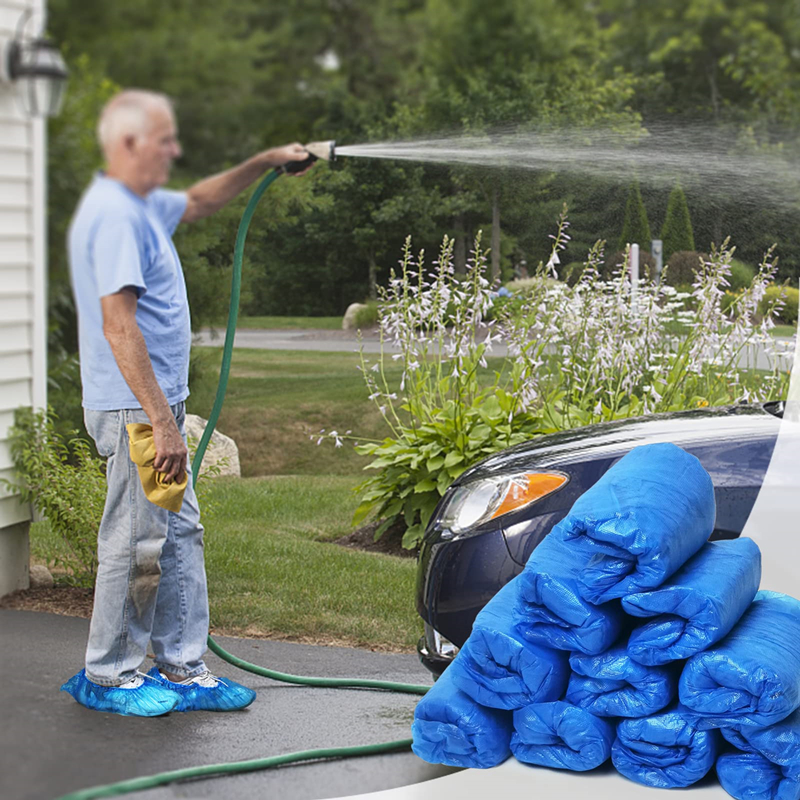
Then, there’s CPE, a stronger kind of polyethylene. It’s great against chemicals. You’ll find it in labs or places with risky stuff. It’s waterproof and lasts well.
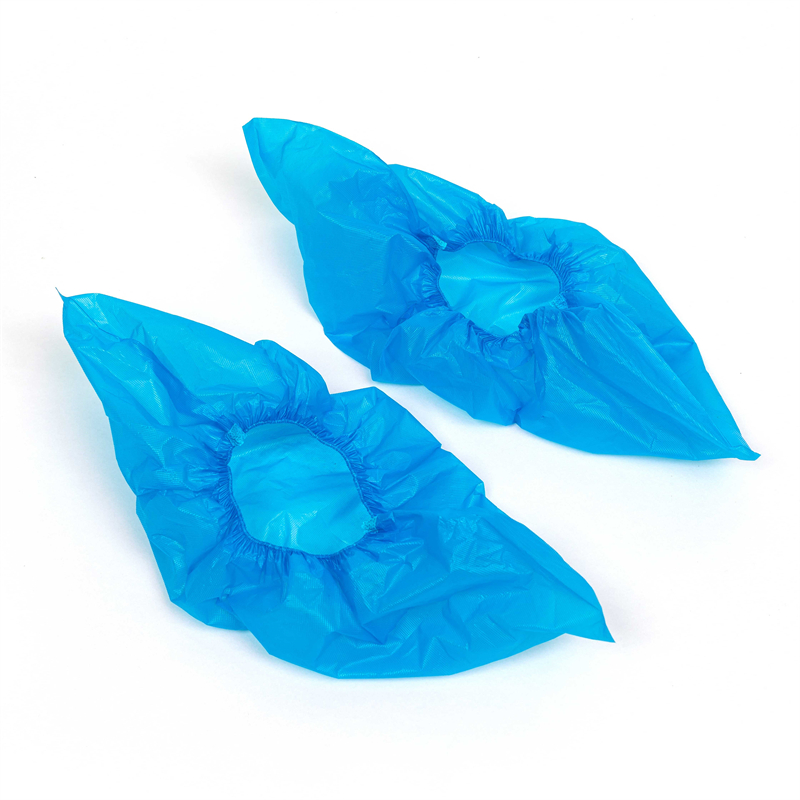
Another one is PVC Sole. It’s a hard plastic that fights chemicals and wear. It’s used in tough work spots. It doesn’t break easily. Lastly, SMS is a mix of layers for strength. It’s strong and filters well. It’s often in medical or factory settings. It’s a top pick for extra safety.
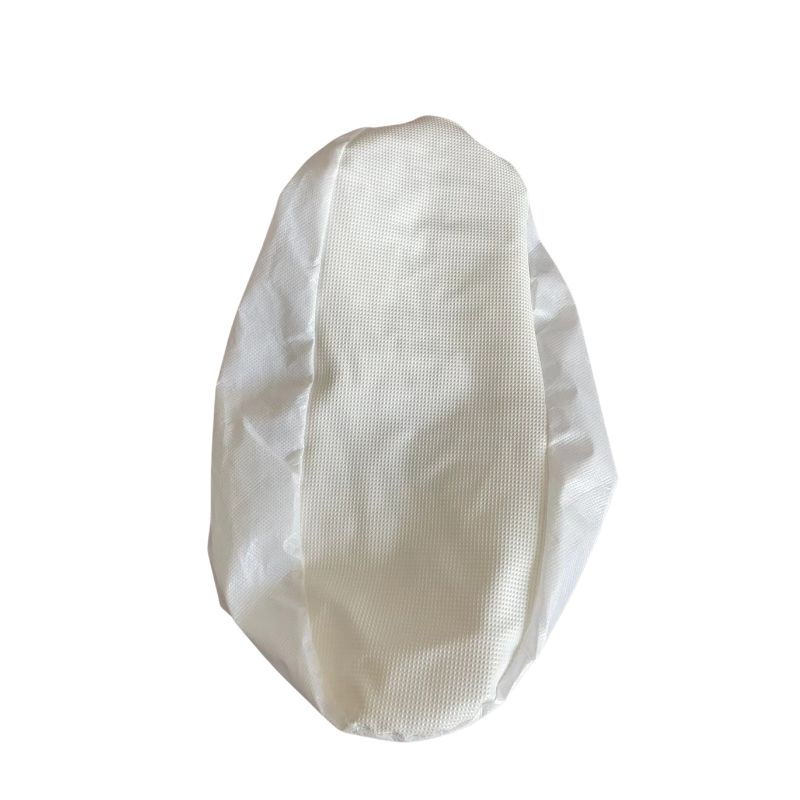
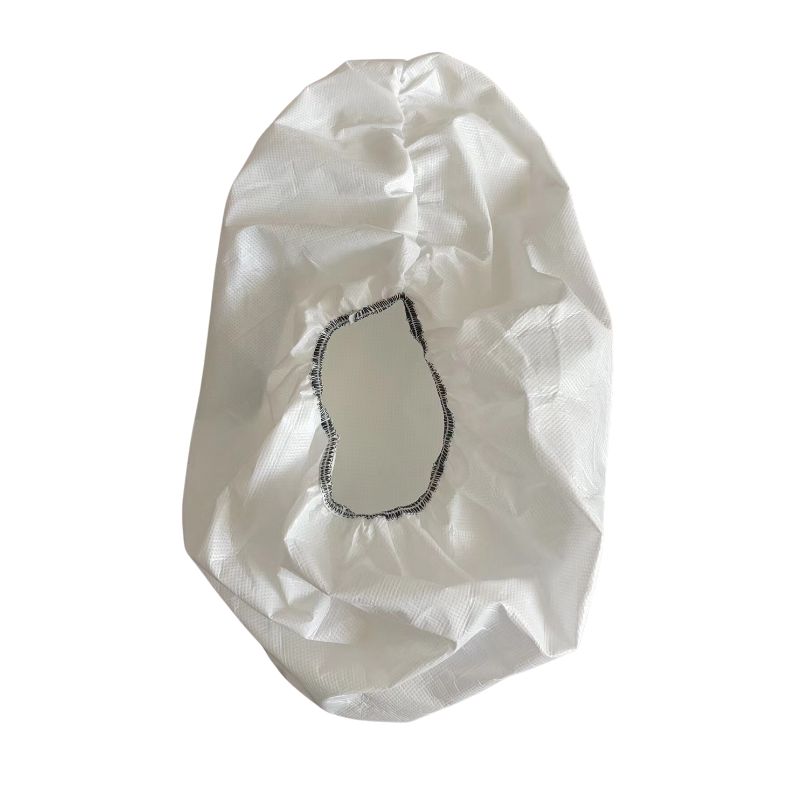
Why Do These Materials Matter?
Each material fits a special need. Some stop water, others block dust. They keep places clean and safe. Pretty cool, right? Picking the right one depends on your job.
Check Out These Shoe Cover Options
Want to see some neat choices? Look at Disposable Waterproof CPE Shoe Covers for wet areas. Try Disposable PE Waterproof Shoe Cover for basic protection. Also, Disposable Non Woven Anti Slip Shoe Cover gives grip. Don’t miss Non Woven Conductive Shoe Cover for static control, and Disposable Shoe Cover with Anti Static Tape for extra safety.
Wrapping It Up
So, disposable shoe covers come in materials like PP Nonwoven, PE, CPE, PVC Sole, and SMS. Each one helps in its own way. Which do you think fits your needs? Let me know!
